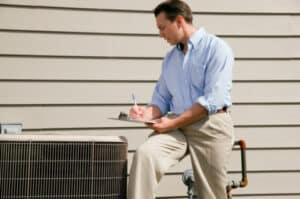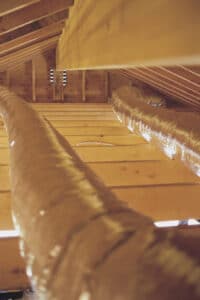
How To Find a Quality HVAC Contractor
Most homeowners know that the comfort of their home relies on having a heating or cooling system that is able to keep their home a comfortable temperature. Of course, quality equipment can be an important part of the reliability of your home’s HVAC system, but an experienced and dependable HVAC contractor is also important. In fact, now is the perfect time to call in a professional HVAC contractor for end of summer air conditioning maintenance. One of the best ways to find a leading HVAC contractor is to ask family or friends for recommendations. After all, if someone you know and trust is able to recommend a contractor, you are already ahead of the game. If you don’t have any recommendations to start from, contact some of the contractors in your area and ask for references. However, it is important that once you get these references that you actually call and ask questions. Find out what type of work was done, if it was done on time and if there were any problems. Of course, any HVAC contractor you consider should be licensed and insured to perform their services in your area. Leading HVAC contractors also offer quality products, such







